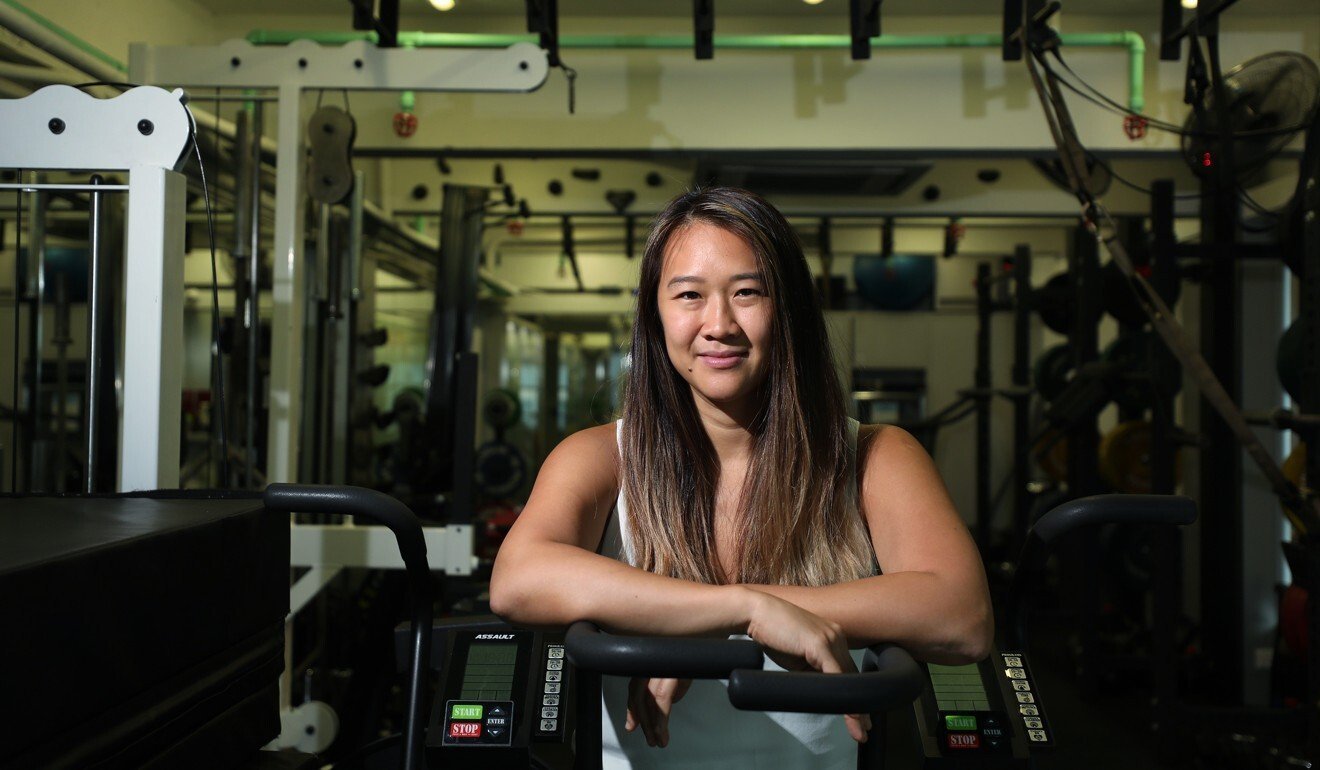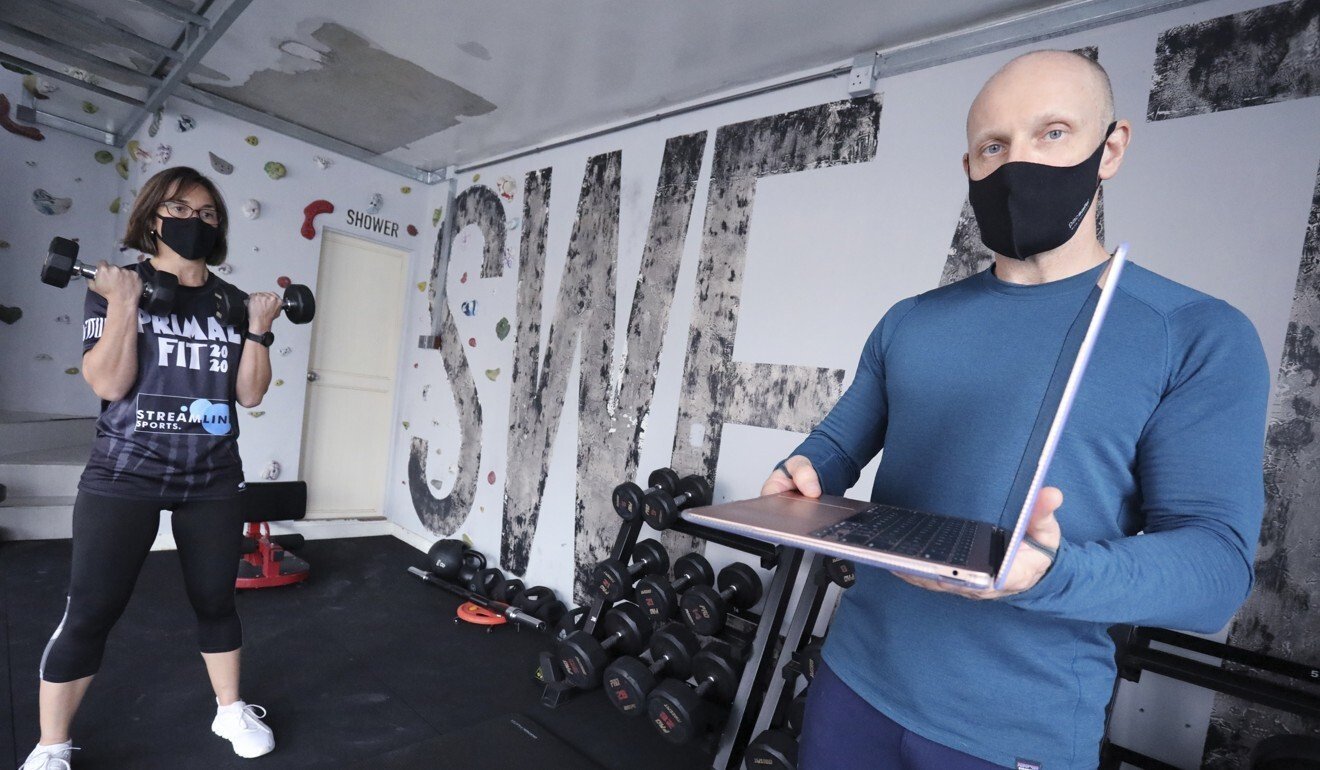Hong Kong News

Hong Kong gyms fall with many on brink of bankruptcy
Fernando Junior is intent on putting a positive spin on what happened to him.
In December, he decided to close BeWater, a Brazilian jiu-jitsu studio, after more than two years of operating in Central. At its peak in 2019, the studio had dozens of regular clients and Junior was making ends meet, and looking to grow his business in a healthy economy.
Then the coronavirus pandemic hit and the Hong Kong government shut down gyms in March, a push-and-pull scenario that has seen establishments close three times, and one where they now have been closed since early December with no end in sight.
Junior said he closed BeWater because of market uncertainty and government restrictions closing down establishments like his for more than 120 days in 2020.

He is excited about his next venture, however, a medical cannabis company he is starting in New Zealand, and holds no ill will about what happened to him in Hong Kong.
“I knew right away when the pandemic started,” said Junior. “Nobody has ever heard about social distancing, of keeping one point five metres apart. And Brazilian jiu-jitsu is so close, you have to be so close to someone all the time. So I knew right from that moment that I needed to have a Plan B.”
Junior said it was early into the first lockdown that he planted the seeds towards his new venture, in which he will be relocating and hoping to open BeWater in Auckland one day as well.
“I am looking at this as a positive situation,” he said. “We have to adapt to the current situation, it is not going to change any time soon here.”
Hong Kong’s fitness industry, which features thousands of large and small boutique gyms, studios and workout spaces, now finds itself teetering on the edge of the cliff.
Only a handful of gyms have received the second round of government funding (HK$50,000), which was first offered in November. Most say the handouts barely cover a month’s rent and they have been draining savings and taking out loans to stay afloat.
Tricia Yap, a gym owner and member of the Hong Kong Fitness and Alliance of Fitness and Wellness Limited, which represents more than 230 gyms, said if owners aren’t already out of business and looking into other ventures like Junior, they are weeks, even days away from it.
“This is where the entire industry is at now,” she said.
Hong Kong’s economy had its worst year on record in 2020, even more than when the city went through the Asian financial crisis in 1998. Certain industries have found themselves especially hard hit by the virus restrictions, including food & beverage, salons, entertainment venues and sports and recreation.
One of the many owners fighting to survive is Sarah Millson, who operates Lamma Island’s only gym, Primal Fitness Gym & Dance Studio. Millson and business partner Ian Colley took over their space in March 2020.
Millson said the first round of funding came within about a month of their application, but they have been waiting nearly two months for the second round. She said the government has come back to her twice with more paperwork requirements, which she said is puzzling given nothing has changed for her business since the first round of relief.
“Our only complaint is why make the second subsidy so difficult when we obviously haven’t changed anything from the first handout?”

Some of the new requests from the government, said Millson, were not part of the first set of requirements for the handout, and she worries her gym may now not receive the second round due to new requirements. She added at no point has the government given her any sort of update.
“For us right now, it is a race against the clock to what comes first, the subsidy that we’ve applied for, or the closure of our business.”
Reports are that the government will not even consider relaxing any of the city’s restrictions before the Lunar New Year, which starts on February 12. Hong Kong’s fourth wave has dragged out longer than its third wave, with cases now hovering between 20 and 60 a day.
Another gym owner, who asked to speak anonymously, said she has experienced the same situation with her business, and is close to bankruptcy. She said some of the requirements for the second round of the subsidy are perplexing.
“We were asked to submit information that doesn’t make sense, such as photos of notices posted outside our gym when the gym was closed in the summer. Why would any gym have taken photos of that at the time, not knowing that would be requested, and how does that prove anything?”
She said it has been an endless back and forth with a government that doesn’t seem to understand the dire financial situation the industry is facing.
“And asking for utility bills issued in our company name when the account was set up in our former company name. The utility company hasn’t changed the name on the bills, even though the account is now registered in the current company name.
“We sent the government the certificate of change of name to prove it is the same company and this was fine for the first round of subsidy, but now they are insisting the bill has to be in the current company name.”











